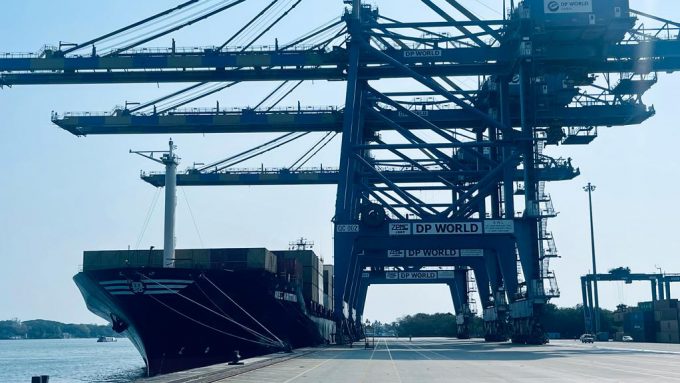Multiple factors return Rotterdam to top of Europe's box chart
Factors: congestion, omissions and land side

Shippers are accusing Asia-North Europe ocean carriers of ‘price gouging’ as FAK (freight all kinds) rates being quoted for January shipment go through the roof.
The Loadstar has been inundated with messages from shipper contacts who just cannot believe the level of ...


Comment on this article